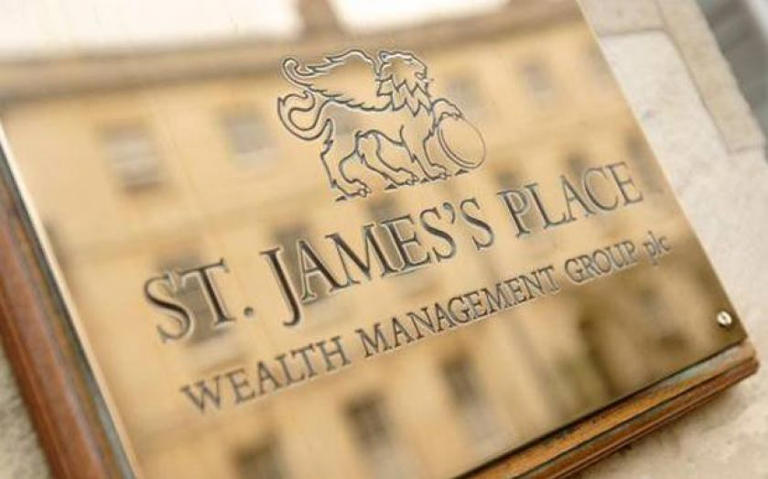It was a week of significant developments in the Square Mile as 50 firms unveiled their final results. Among them, St James’s Place, Reckitt, and Halfords faced significant value erosion, triggering profit warnings that led to a widespread sell-off in shares. Conversely, some companies surprised investors with unforeseen success.
Meanwhile, the trend of private buyers targeting undervalued London-based firms intensified, with three British businesses becoming the latest targets for acquisition.
Here’s a closer look at the key events that unfolded during this noisy week in the financial district.
Bad news comes in threes:
Wednesday, February 28th marked a challenging day for UK plc, with three major blue-chip companies—St James’s Place (SJP), Halfords, and Reckitt—reporting disappointing results for varied reasons.
St James’s Place saw a staggering £1 billion wiped off its valuation as it disclosed setting aside £426 million to address a surge in customer complaints. New CEO Mark Fitzpatrick cautioned investors that addressing these issues and revising fee structures would impact future growth prospects.
Similarly, Reckitt, the owner of Durex, faced challenges as inflationary pressures led to lower-than-expected full-year financials, resulting in a 12% decline in share price. CEO Kris Licht acknowledged the “unsatisfactory performance,” raising concerns among shareholders.
Halfords, a prominent cycling and car retailer, issued an unexpected profit warning attributed to lower-than-anticipated sales. Reasons cited ranged from consumer credit delays to unfavorable weather conditions, with unusually mild and wet weather dampening sales of car-related products.
While some analysts viewed Halfords’ underperformance as a natural regression following its strong performance during the pandemic, characterized by increased cycling activities, it underscored the challenges of sustaining growth amid changing consumer behaviors.
The winners:
Despite challenges faced by some companies, others like British Airways owner IAG and Footasylum showcased remarkable performance in their recent results.
IAG reported record-breaking profits, with earnings more than doubling to €3.5 billion in the past year. This surge was attributed to the rapid return of holidaymakers to air travel, particularly benefiting the UK’s national carrier, British Airways.
Similarly, Footasylum celebrated a milestone year in 2023, achieving record sales exceeding £300 million. The Rochdale-based shoe retailer, owned by German private equity firm Aurelius, credited its success to an extensive expansion strategy involving the opening of new stores across the UK and internationally.
Cheap as Brits:
The UK equities market has been facing challenges, with issues like a lack of liquidity and a subdued sentiment leading to lower valuations. This environment has prompted many UK-based companies to consider alternative listings abroad, while bargain-hunting firms have been seeking opportunities for discounted acquisitions.
Despite the prevailing gloom, some boards have shown resilience against low bids. Direct Line’s board rejected a £3.1 billion bid from Ageas, despite the offer valuing the company at a significant premium to its market value.
Similarly, Wincanton, a logistics specialist, opted for a higher bid from GXO over an initial offer from French firm CMA CGM.
In the battle for Currys, Elliott Advisors had its bid rejected, with the latest offer valuing the electronics retailer at up to 70p per share. This bid was substantially higher than the share price before any bids were disclosed, which stood at just 46p.
